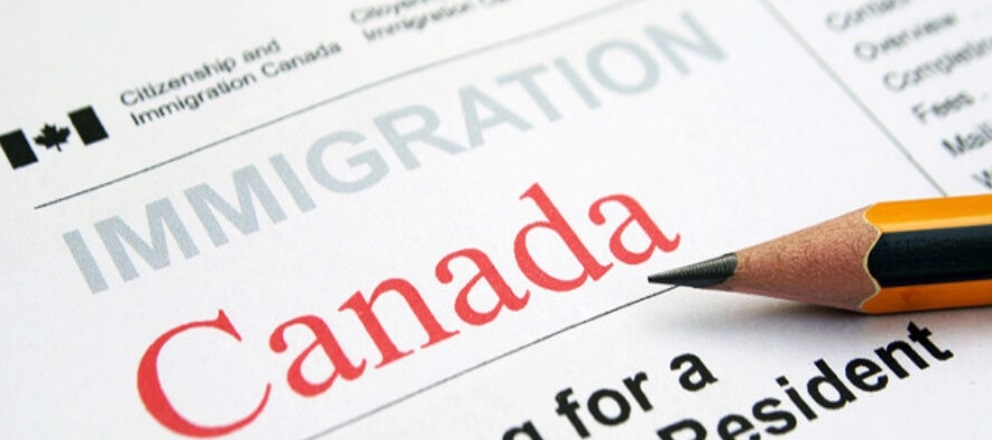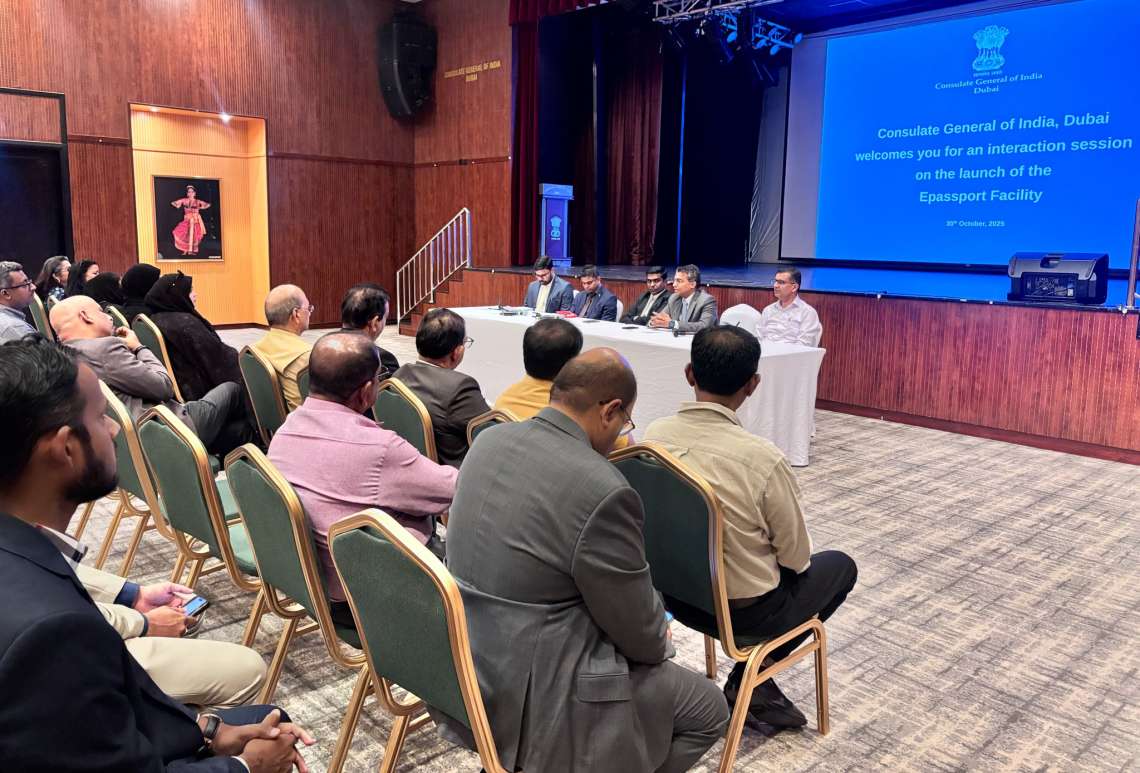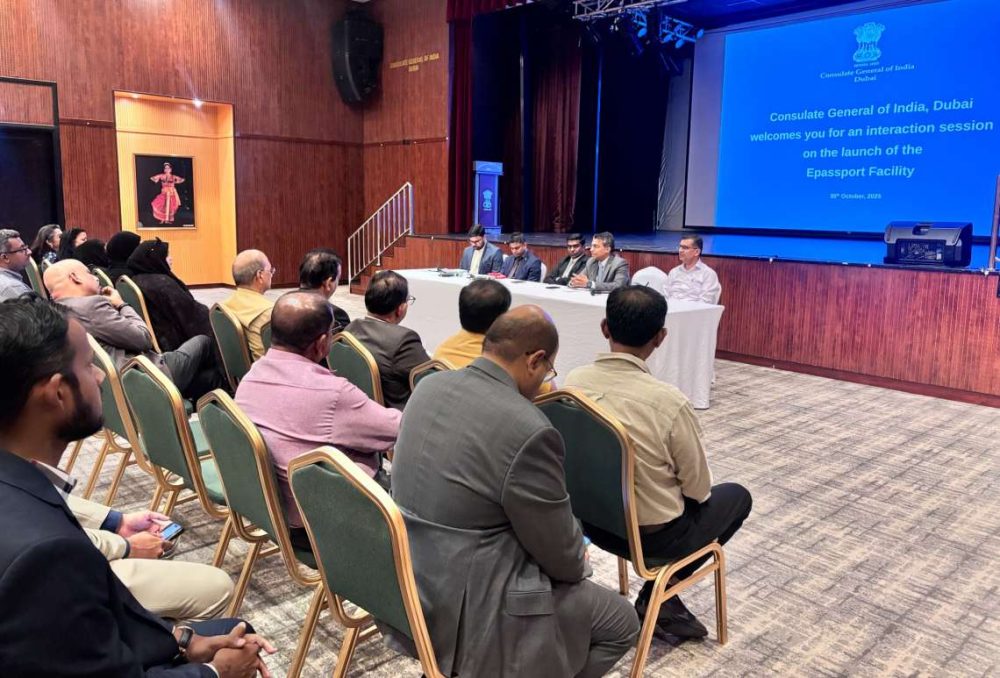India is now the second largest source of foreign students coming to Canada, just behind China…writes Vishal Gulati
If a student came to Canada with a genuine intent to study and without knowledge of the use of fraudulent documentation, they can remain in the country and will be not subjected to the five-year ban from re-entering Canada that normally follows in cases of misrepresentation, the Canadian High Commission said on Monday in response to fears among “victims” of the fake admission acceptance letters by Indian agents.
“For those who are no longer in Canada, their cases will be reviewed on a priority basis. As appropriate, IRCC will seek to contact the individual directly,” a spokesperson for the High Commission of Canada in Delhi told IANS.
Responding to multiple queries related to international students, a majority of them from Punjab, facing deportation after the federal government found the letters of admissions that formed the basis of their entry into Canada were forged, the spokesperson warned the government of Canada “takes any kind of citizenship or immigration fraud seriously”.
“We are dedicated to protecting prospective newcomers from those who try to take advantage of them. We are also committed to upholding the integrity of our immigration programs and protecting our systems against fraud and misrepresentation.
“Immigration, Refugees and Citizenship Canada (IRCC) employees receive training on how to detect and combat fraud, and they work hard to protect the integrity of Canada’s citizenship and immigration system,” the spokesperson told IANS.
When asked about a mechanism to keep tabs on unscrupulous immigration agents, the spokesperson said the Immigration and Refugee Protection Act (IRPA) and the Citizenship Act require that people who provide paid immigration or citizenship advice or representation be authorised.
It is an offence for anyone other than: a member in good standing (lawyer or paralegal) of a Canadian law society; the Chambre des notaires du Quebec; or the College of Immigration and Citizenship Consultants to represent or advise for a fee at any stage of an application or proceeding.
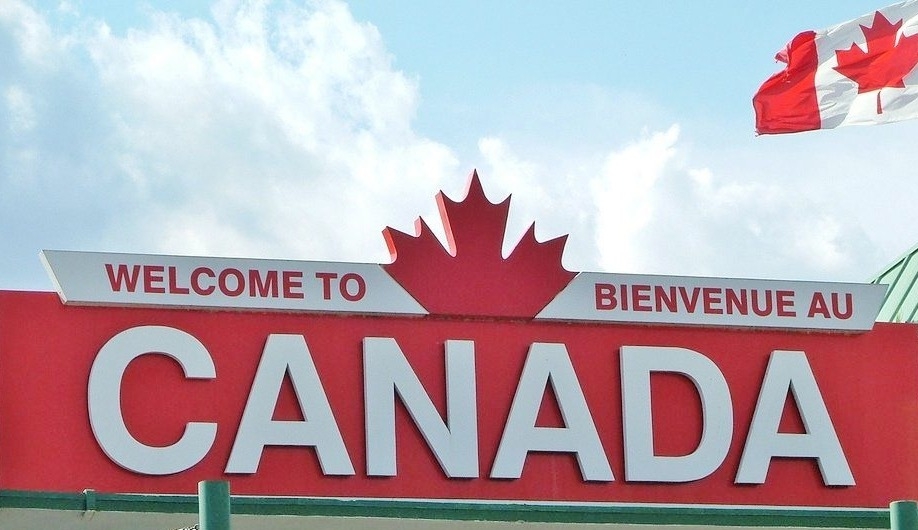
“Therefore, if new applicants choose to use these services, it is important to ensure that the person they use is authorised, otherwise there is no guarantee of accurate and quality advice, and there is a risk of fraud and financial loss to the applicant and their family.”
On June 23, Canadian authorities charged Punjab-origin agent, Brijesh Mishra, for issuing fraudulent university letters of acceptance to students and other immigration-related criminal offences.
Mishra is facing five charges under the Immigration and Refugee Protection Act, the Canada Border Services Agency (CBSA) said in a statement.
Issuing an advisory to the students to prevent immigration frauds, the High Commission said: “We also offer extensive information on our website regarding how to detect, prevent and report fraud. The IRCC believes that the best way to protect the public from fraud is to inform the public.”
At the same time, it says the IRCC sympathises with victims of immigration fraud and recommends reaching out to the local police force of the city or country they are in, as Canada does not have jurisdiction on fraud or scams committed internationally.
Replying to the query, the spokesperson told IANS there are several ongoing investigations linked to the media reports, involving multiple unauthorized agents located in India.
Would you like to clarify regarding the fear among ‘victims’ of the visa fraud that the immigration record, rendering them ineligible, will hamper their future visa prospects too?
At this, the spokesperson told IANS: “If the facts of an individual case are clear that an international student came to Canada with a genuine intent to study, and without knowledge of the use of fraudulent documentation, the minister (Sean Fraser) has provided instructions for officers to issue a Temporary Resident Permit to that individual.
“This will ensure that these well-intentioned students and graduates can remain in Canada, and ensure that they are not subject to the five-year ban from re-entering Canada that normally follows in cases of misrepresentation.”
India is now the second largest source of foreign students coming to Canada, just behind China.
As per the IRCC, Canada issued study permits to 551,405 international students from 184 countries, in 2022, an increase of 24 per cent on 2021, in what Canadian immigration described as a “record-breaking year” for visa applications.
Out of the total international students, 41 per cent (226,450) are Indian students, a majority from cash-rich Punjab, up from 169,460 the previous year.
Recognising the contribution of international students, especially students from Punjab who have been facing deportation from Canada, Immigration Minister Sean Fraser on June 14 halted the deportation of the students by saying the focus is on identifying those who are responsible for the fraudulent activity and not on penalising those who may have been affected by fraud.
Giving reprieve, he announced that the genuine students would be issued a Temporary Resident Permit.
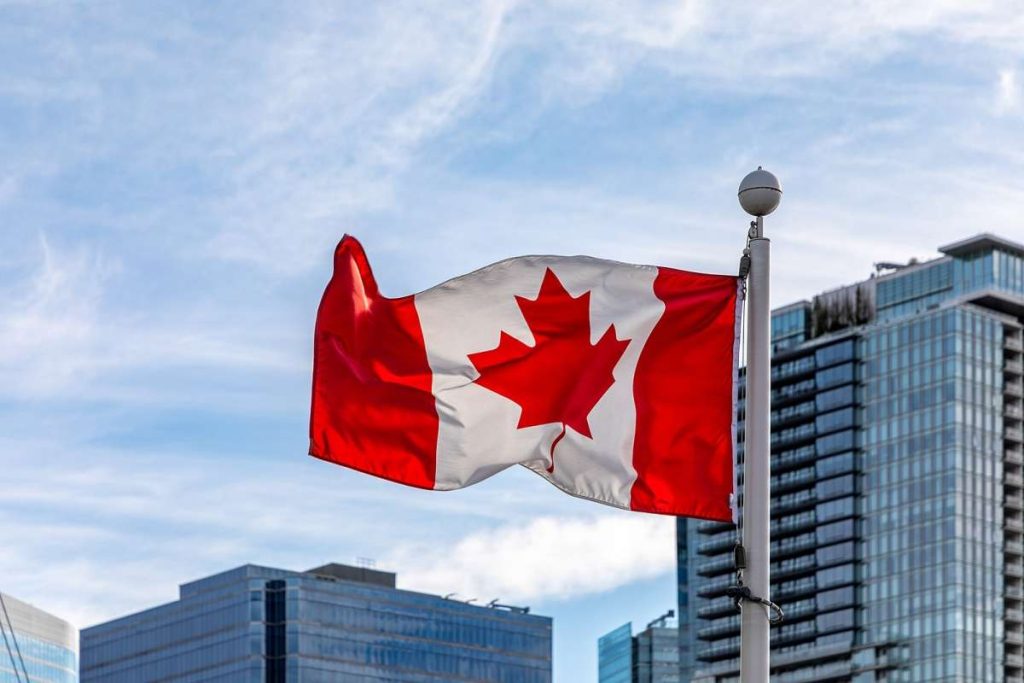
“We recognise the immense contributions that international students make to our country, and we are committed to providing a path to Canada that is honest and transparent,” Fraser said in a statement.
Asking the students to be alert and not to become the victims of fraud, he said all applicants must continue to ensure that, before applying for a study permit, they do their research, have an acceptance letter from a Designated Learning Institutions (DLI), and refer to the official website to get information about our programmes.
Seeing the craze of students to study in Canada with flexible work opportunities on work permit, hundreds of immigration and admission consultancy firms have opened their offices across Punjab and its capital city Chandigarh.
They are regulated by the government. Still unscrupulous and fly-by-night operators are there.
Also there is the mushrooming of English language coaching institutes even in villages that prepare students for the International English Language Testing System (IELTS).
After completing Grade 12, students are preparing themselves in coaching institutes to score a band higher than six in a language ability test for admission to undergraduate courses abroad.


